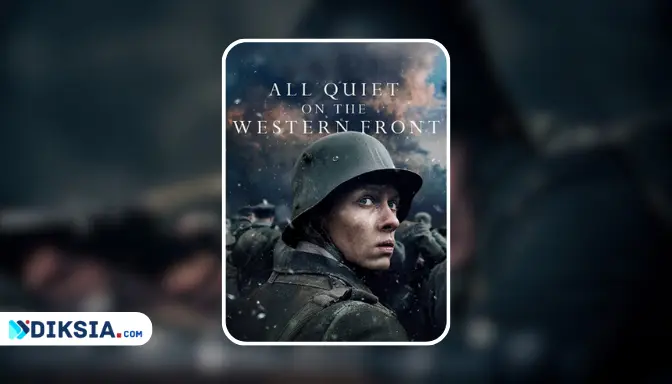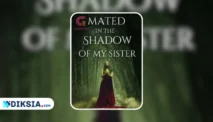The second film was made in 1979 by the British-American director Delbert Mann. It was a television film, and it starred Richard Thomas as Paul Bäumer. It was also a faithful and respectful adaptation of the novel, and it focused on the psychological and emotional aspects of the war and its impact on the soldiers. It was also a critical and commercial success, winning a Golden Globe Award for Best Motion Picture Made for Television and an Emmy Award for Outstanding Film Editing.
The third film was made in 2022 by the German director Edward Berger. It was a German-language film, and it starred Felix Kammerer as Paul Bäumer. It was also a faithful and respectful adaptation of the novel, and it used modern technology and techniques to create a realistic and immersive experience of the war. It was also a critical and commercial success, winning four Academy Awards for Best Picture, Best Director, Best Adapted Screenplay, and Best Cinematography. It was also praised for its authentic and nuanced depiction of the German soldiers and their culture, and its universal and timeless message of war and humanity.
The Cultural Phenomenon: A Lasting Impact
All Quiet on the Western Front is more than just a novel or a film. It is a cultural phenomenon that has influenced and inspired countless works of art and literature, as well as social and political movements. It is a symbol of the horror and the tragedy of war, as well as the hope and the dignity of humanity. It is a testament to the power and the responsibility of storytelling, as well as the importance and the value of history. It is a reminder of the lessons and the legacy of the First World War, as well as the relevance and the urgency of peace and justice in today’s world.
All Quiet on the Western Front is a timeless tale of war and humanity. It is a story that speaks to every generation and every nation. It is a story that deserves to be read and watched and remembered. It is a story that matters.






